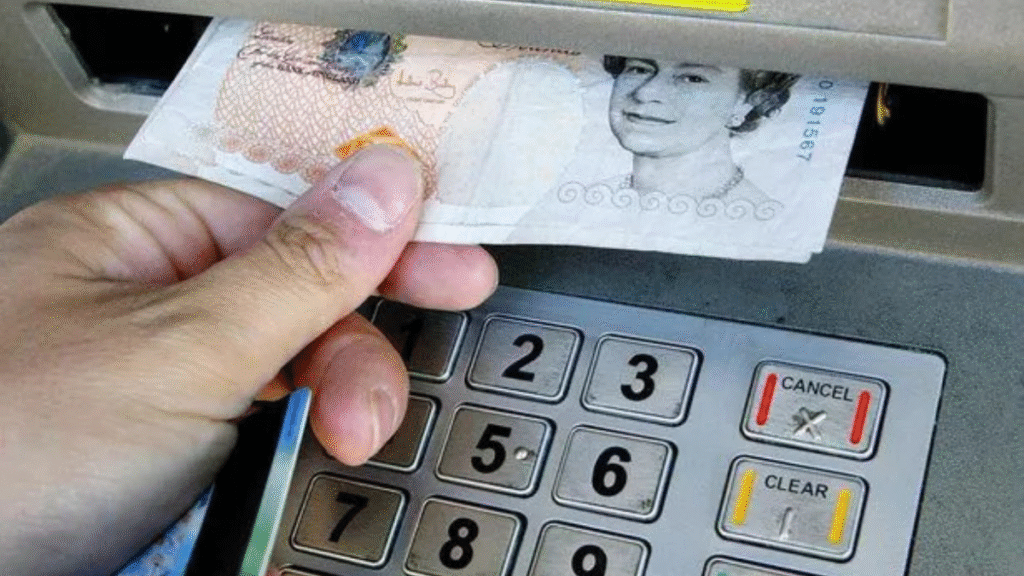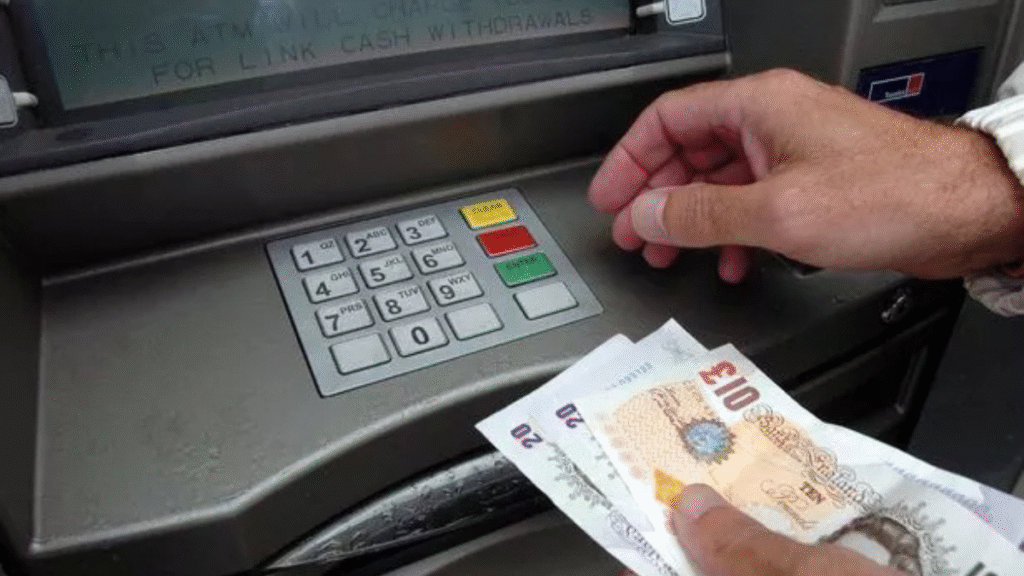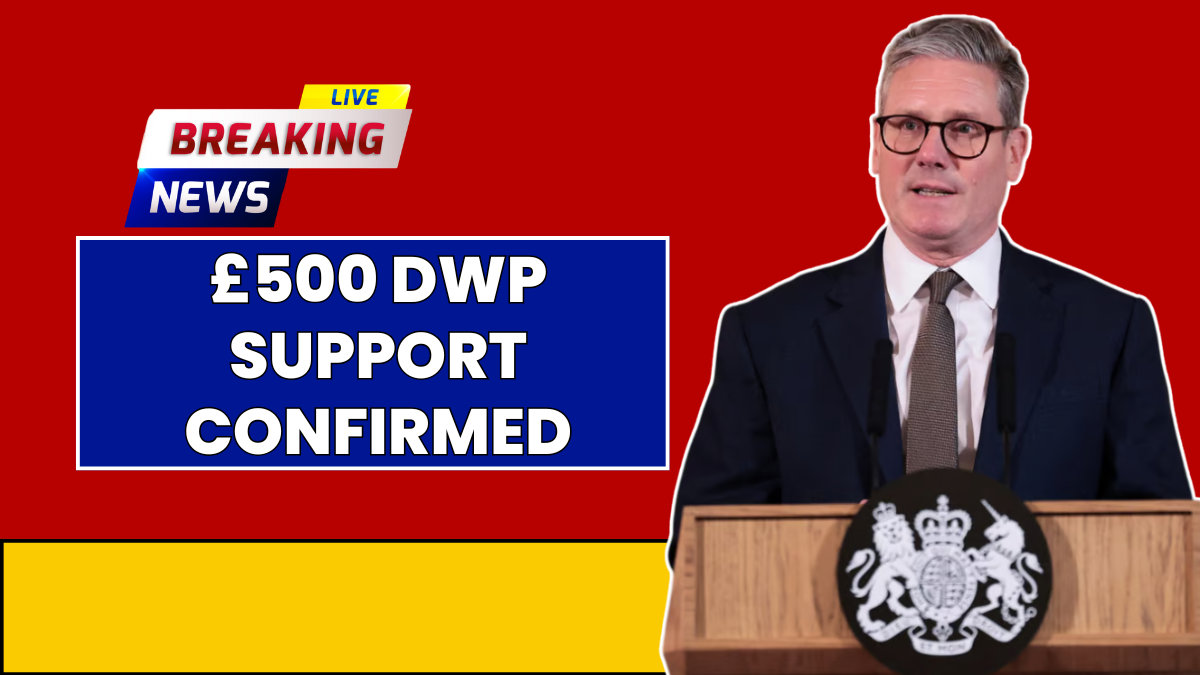Many households in the UK are struggling to keep up with rising living costs. Grocery prices have been increasing month after month, energy bills remain high, and rent is taking up a larger share of people’s income. For many families, even covering the basics has become a real challenge.
To help people through these difficult times, the UK government has introduced a one-time £500 DWP Support Payment in 2025. This payment is part of the Household Support Fund (HSF) and is aimed at helping those most affected by the cost-of-living crisis.
If you are a pensioner, a family on a low income, someone with a disability, or anyone facing serious financial challenges, this payment could provide the extra help you need. In this guide, we will explain who can apply, how the payment works, and what steps you need to take to receive it.
What Exactly is the £500 DWP Support Payment?
The £500 DWP Support Payment is a one-off grant, which means it is only paid once. It is funded through the Household Support Fund, which the Department for Work and Pensions (DWP) first introduced in October 2021. The fund was created to help struggling households meet their most urgent daily needs.
This payment can be used for a range of essential expenses, such as:
- Heating and energy bills
- Food and groceries
- Rent or housing arrears
- Clothing and other basic items
Because the cost-of-living crisis is still affecting millions of people, the Household Support Fund has been extended until mid-2025. Local councils across the UK are in charge of distributing the money, and each council may have slightly different rules and priorities.
To give you an idea of the scale of the programme, more than 8 million people received help through the fund in 2024 alone.
Who is Eligible for the £500 Payment?

The fund is mainly intended for vulnerable households who are struggling financially. However, the exact criteria can vary depending on where you live because each local council sets its own guidelines.
Here are the main groups most likely to qualify:
1. Low-Income Households
If you are living on a low income and finding it hard to pay for essentials, you could be eligible. This includes people who receive benefits such as:
- Universal Credit
- Housing Benefit
- Income Support
- Working Tax Credit or Child Tax Credit
Even if you have a job but your earnings are not enough to cover your bills, you should still apply. Councils often prioritise households who are unable to keep up with day-to-day expenses.
2. Pensioners
If you are of pension age and struggling with essential costs, you may also qualify. Pensioners receiving Pension Credit or those with very limited income or savings are usually given priority. Councils often provide extra support for pensioners facing high heating bills or medical expenses.
3. Disabled People and Carers
Living with a disability often means facing higher everyday costs. If you receive any of the following benefits, you are likely to qualify:
- Personal Independence Payment (PIP)
- Disability Living Allowance (DLA)
- Employment and Support Allowance (ESA)
Carers who support someone with a disability may also be eligible, as they often have reduced income and extra responsibilities.
4. Families with Children
Families are among the hardest hit by rising costs. You could be eligible if you:
- Have children who qualify for free school meals
- Face high childcare costs
- Have recently lost income or are struggling to cover basic costs
5. Other Vulnerable Groups
The fund also supports other groups who face additional challenges, such as:
- People at risk of becoming homeless
- Individuals recently discharged from hospital or prison
- Survivors of domestic abuse
- People who have no access to other financial support
How to Apply for the £500 DWP Support Payment

Applying is straightforward, but you need to act quickly because funds are limited. Once your council runs out of money, applications will close.
Step 1: Find Your Local Council
Go to the UK Council Finder online and enter your postcode. This will take you to your local council’s website.
Step 2: Go to the Household Support Fund Section
On your council’s website, look for a section called “Household Support Fund” or “Cost of Living Support.” Here you will find all the key details, such as:
- Who can apply in your area
- Whether the payment will be sent as cash, a voucher, or a prepaid card
- Application deadlines and available funds
Step 3: Gather Your Documents
You will need to prove your financial situation, so be ready with:
- Proof of benefits you receive
- Recent bank statements (usually for the past three months)
- Utility bills, rent statements, or arrears notices
- Valid ID, such as a passport, driving licence, or council-issued ID
Step 4: Submit Your Application
Most councils prefer online applications, but there are other options:
- Over the phone with a council representative
- Paper forms that you can send by post
- In-person help at council offices, libraries, or local food banks
Step 5: Wait for the Decision
Applications usually take 2–4 weeks to process. If approved, you might receive the payment in one of these ways:
- Direct bank transfer
- A supermarket or shopping voucher
- A prepaid card to be used for essential purchases
Real-Life Example – Emma’s Story
Emma is a single mother of two from Birmingham. After losing her part-time job at the end of 2024, she found it almost impossible to cover her bills. She applied for the £500 DWP Support Payment in January 2025.
Emma uploaded her benefit letters, recent energy bill, and bank statements online. Within three weeks, she was approved and received a bank transfer. She used the money to pay off her gas arrears and buy food for her children. “It lifted a huge weight off my shoulders,” Emma said.
Other Types of Support You Can Access
The £500 payment is just one way to get help. There are other schemes that might provide extra assistance:
- Warm Home Discount: £150 off winter electricity bills (automatic for Pension Credit claimants).
- Cold Weather Payments: £25 per week when the temperature stays below 0°C for at least 7 days.
- Energy Supplier Hardship Grants: Energy companies like EDF, E.ON, and British Gas may offer up to £2,000 towards energy debt.
- Local Food and Clothing Vouchers: Councils and charities often provide school uniform and grocery vouchers.
If you are unsure where to start, contact Citizens Advice or Turn2Us. These organisations can check what benefits and grants you are eligible for.
Conclusion
The £500 DWP Support Payment can be a huge help if you are struggling with rising costs. However, demand is high and funding is limited.
- Apply as soon as possible
- Gather all your documents in advance
- Even if you think you might not qualify, check with your local council. They might be able to offer other forms of support
Remember, financial struggles can happen to anyone. This fund is there to help you get through a tough period, so do not be afraid to ask for the support you need.
FAQs
1. What is the £500 DWP support for 2025?
It is a one-off payment announced by the DWP to help eligible households with the cost of living.
2. Who is eligible for this payment?
People receiving certain means-tested benefits like Universal Credit, Pension Credit, or income-based JSA/ESA may qualify.
3. Do I need to apply for the payment?
No, eligible people will usually receive it automatically in their bank accounts.
4. When will the payment be made?
Payments are expected to be distributed during 2025, but exact dates will be announced by the DWP.
5. Will it affect my other benefits?
No, the £500 payment will be tax-free and won’t reduce your other benefits.


